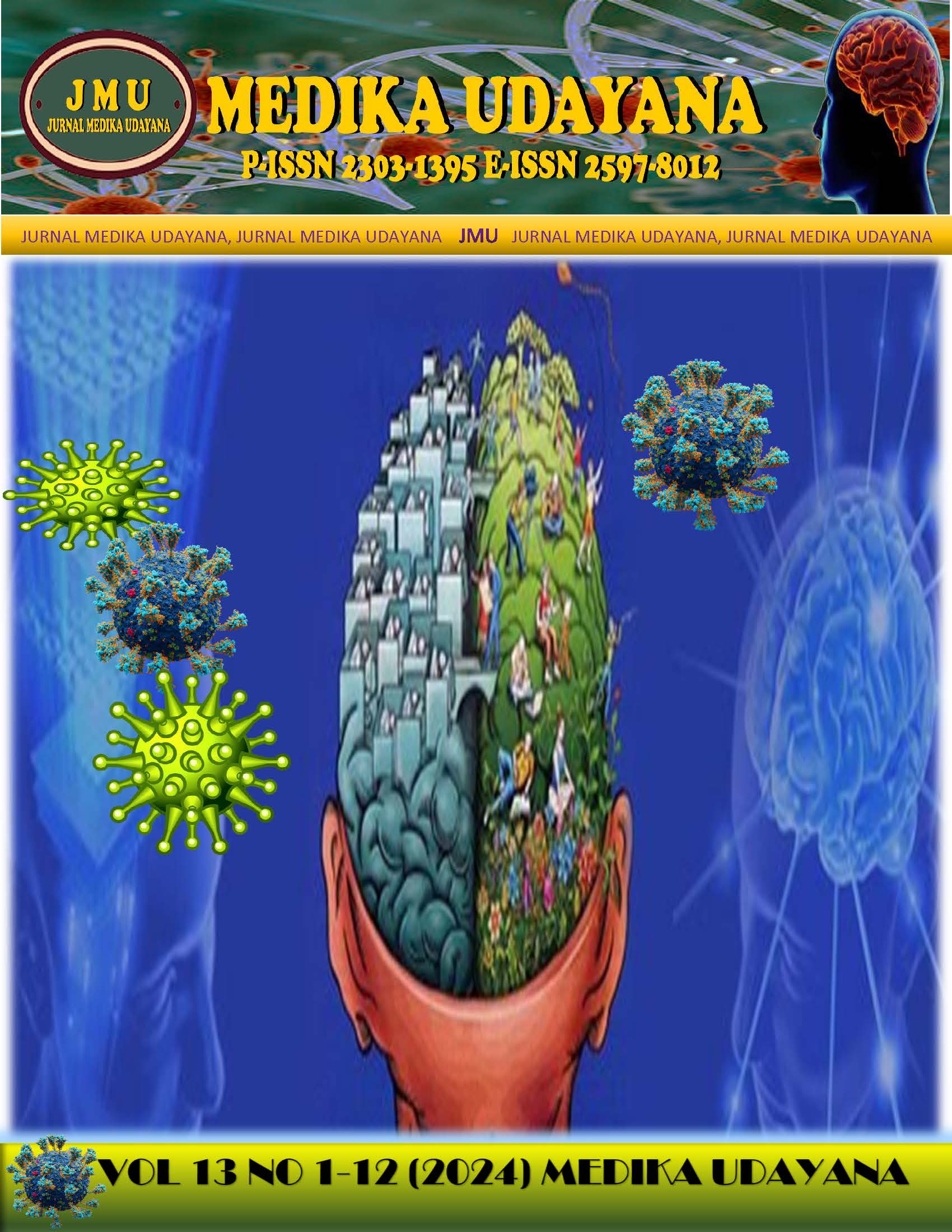THE RELATIONSHIP BETWEEN FAMILY SUPPORT AND PARENTING PATTERNS AND THE GROWTH AND DEVELOPMENT OF PRESCHOOL AGE CHILDREN AT RA AL-MINI JAMBI CITY
Abstract
The World Health Organization (WHO) reports that 5-25% of preschool children suffer from minor brain dysfunction, including fine motor development disorders. Globally, around 9% of children are reported to experience disorders in the form of anxiety, 11-15% emotional disturbances, and behavioral disorders. 9-15%. The aim of this research is to determine family support and parenting patterns regarding the growth and development of preschool aged children at RA Al-Mini, Jambi City. The population of this study was all 115 parents registered at RA Al-Mini, Jambi City, and the sample for this study was 44 parents who were randomly selected according to the criteria using purposive random sampling technique. Data analysis uses univariate and bivariate analysis, using the chi square test. The research results showed that the majority of preschool age children's growth and development was influenced by several factors including family support at 24 (54.5%) and parenting patterns at 23 (52.3%). Efforts that can be made to increase the growth and development of preschool age are with families taking part in supervising children when parents are working outside the home, and parenting patterns by maintaining children's nutrition and nutrition intake, providing space and time in the development process of children, as well as parents. act as a friend and friend to the child.











